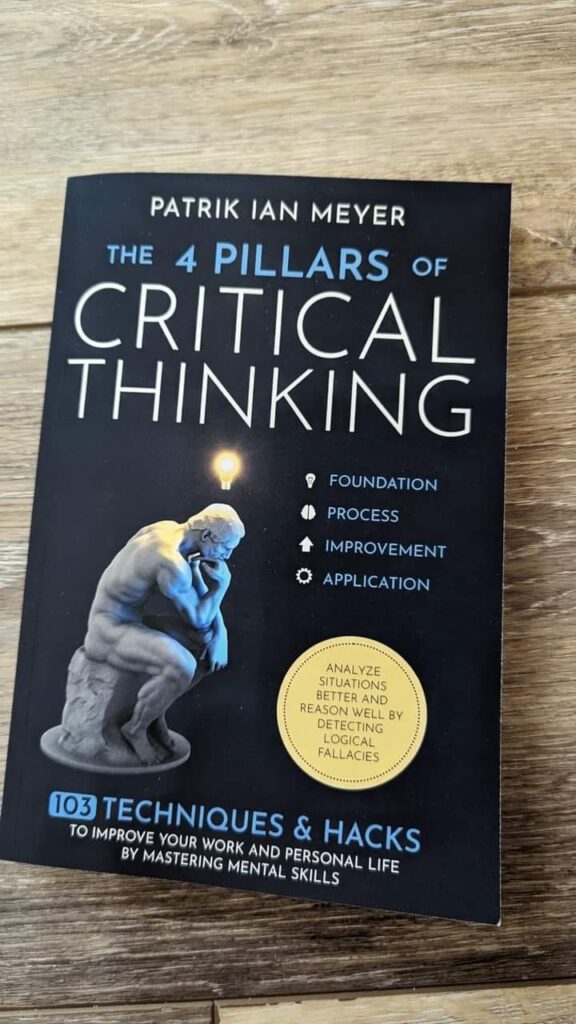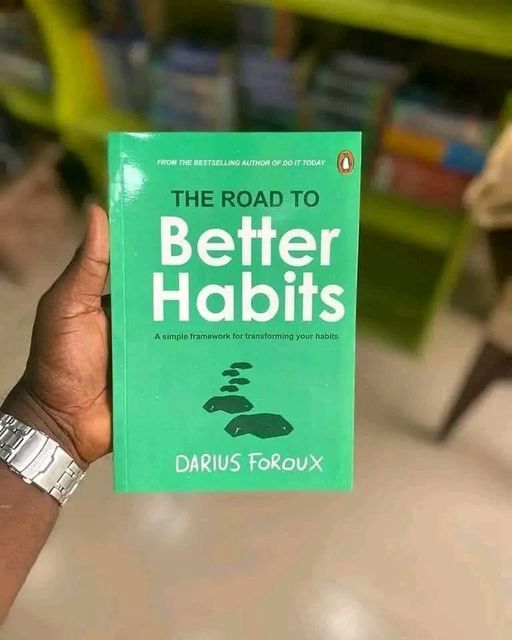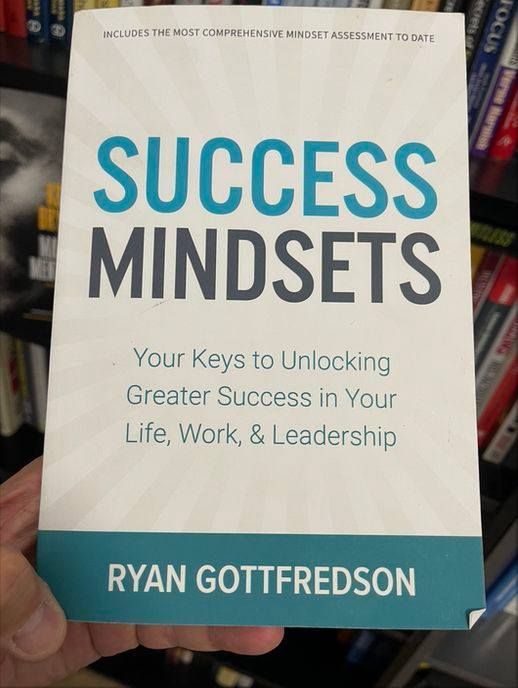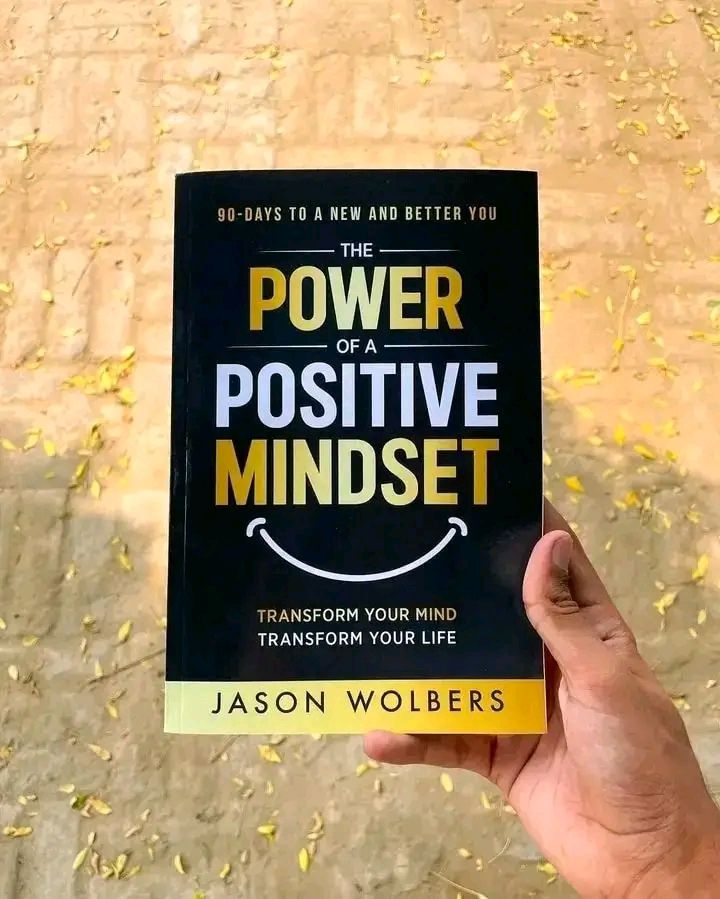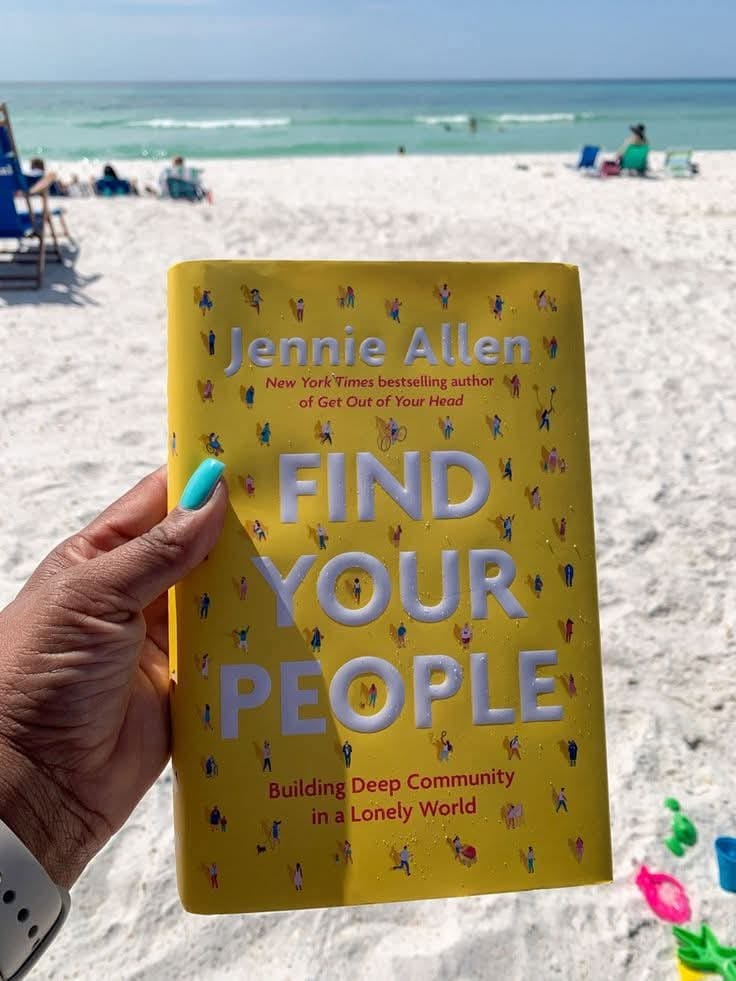toxic people
Toxic people are individuals whose behavior negatively impacts others around them. They often display traits like manipulation, dishonesty, constant negativity, or excessive criticism. These people can drain energy, create conflict, and undermine self-esteem. They may seek to control situations, belittle others, or foster drama, making it difficult to maintain healthy relationships. Being around toxic individuals […]


